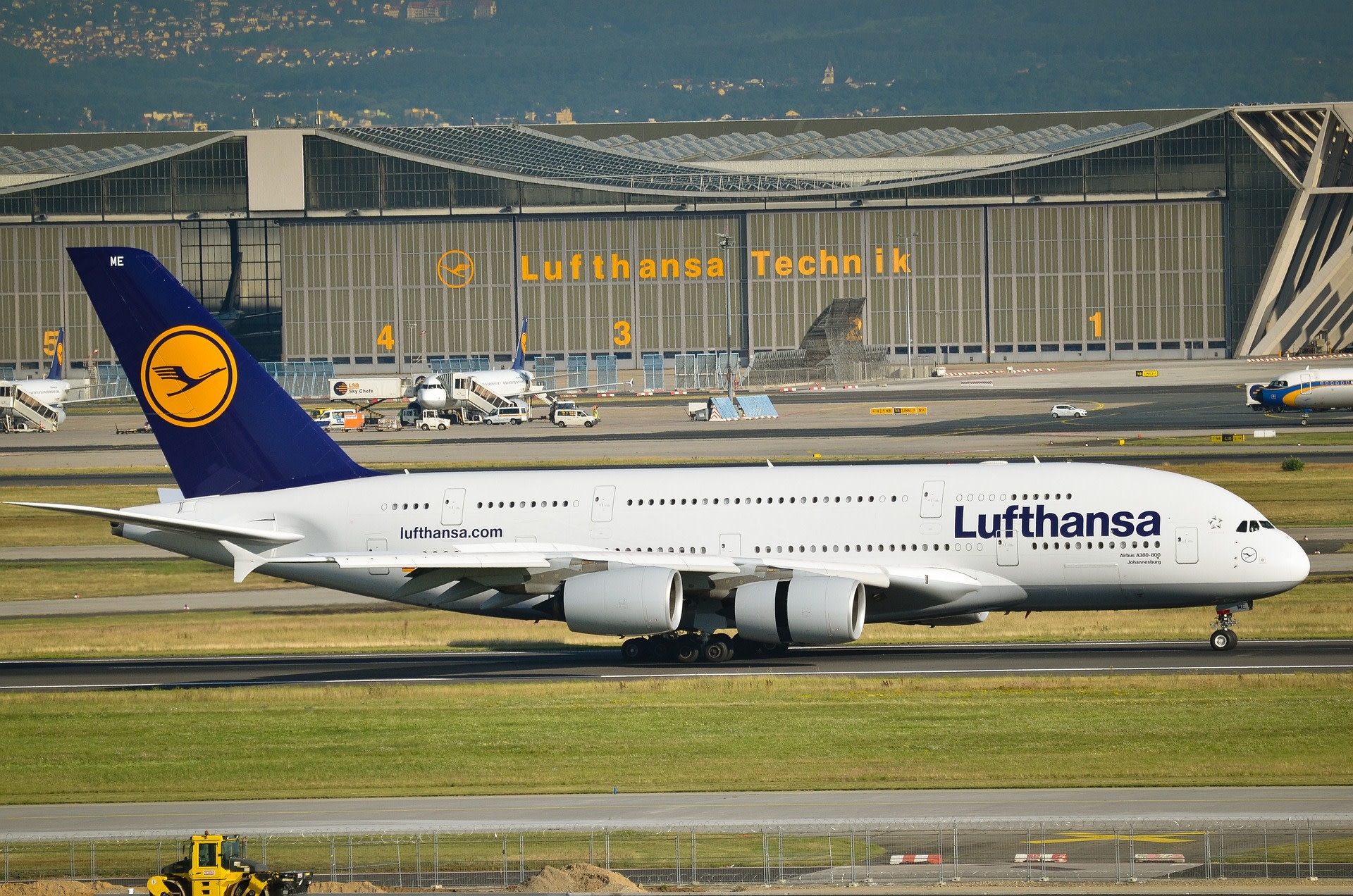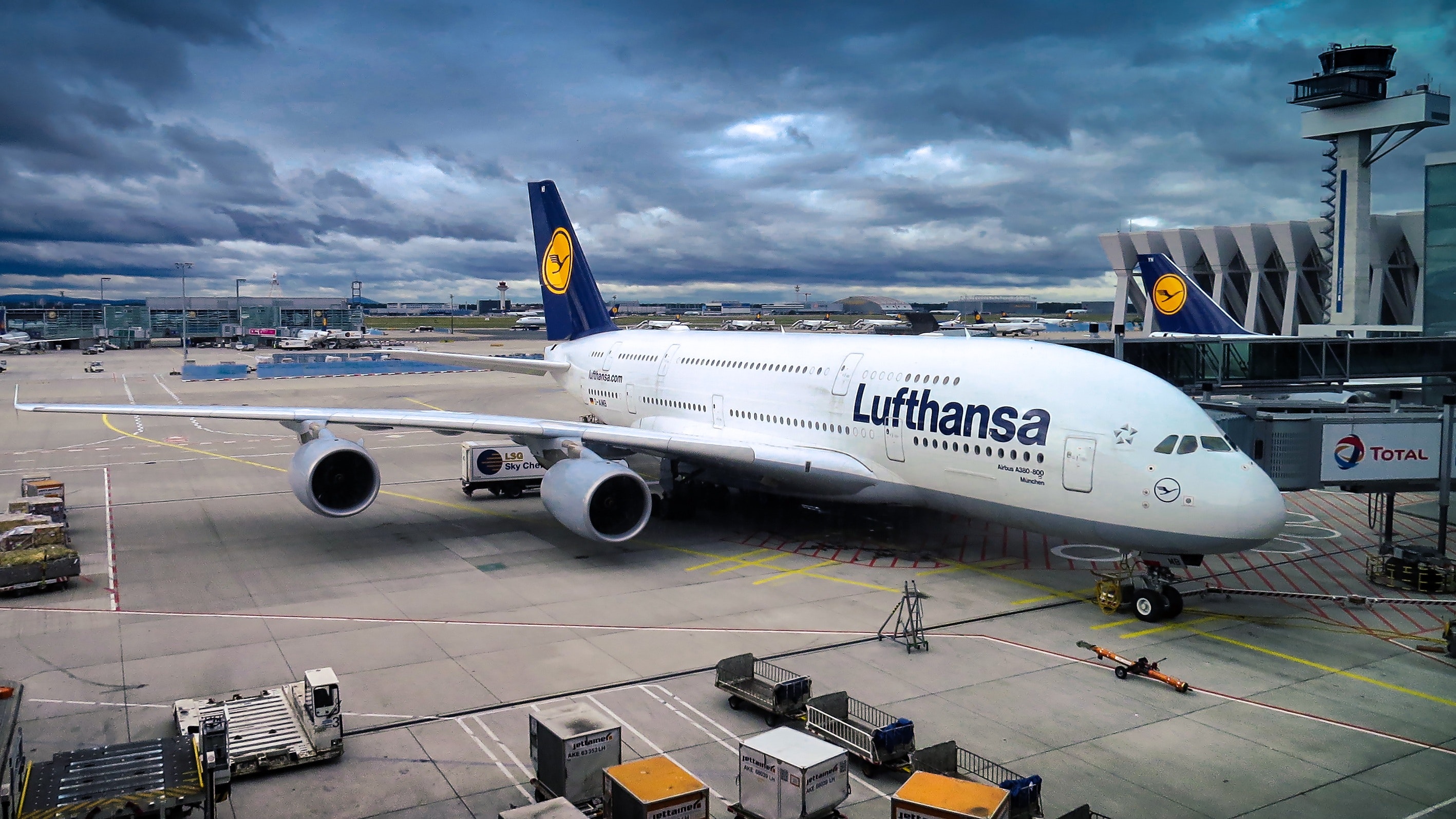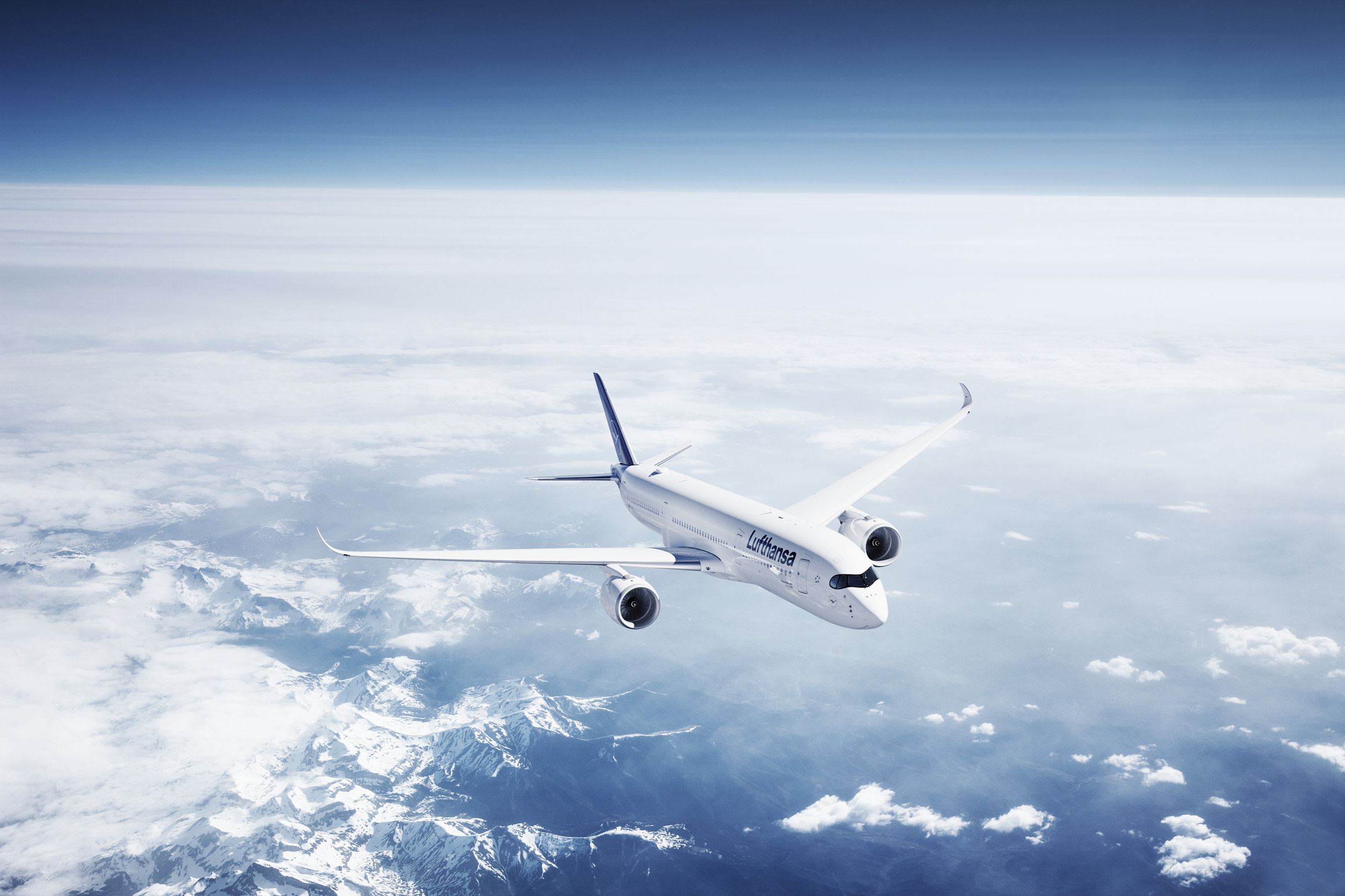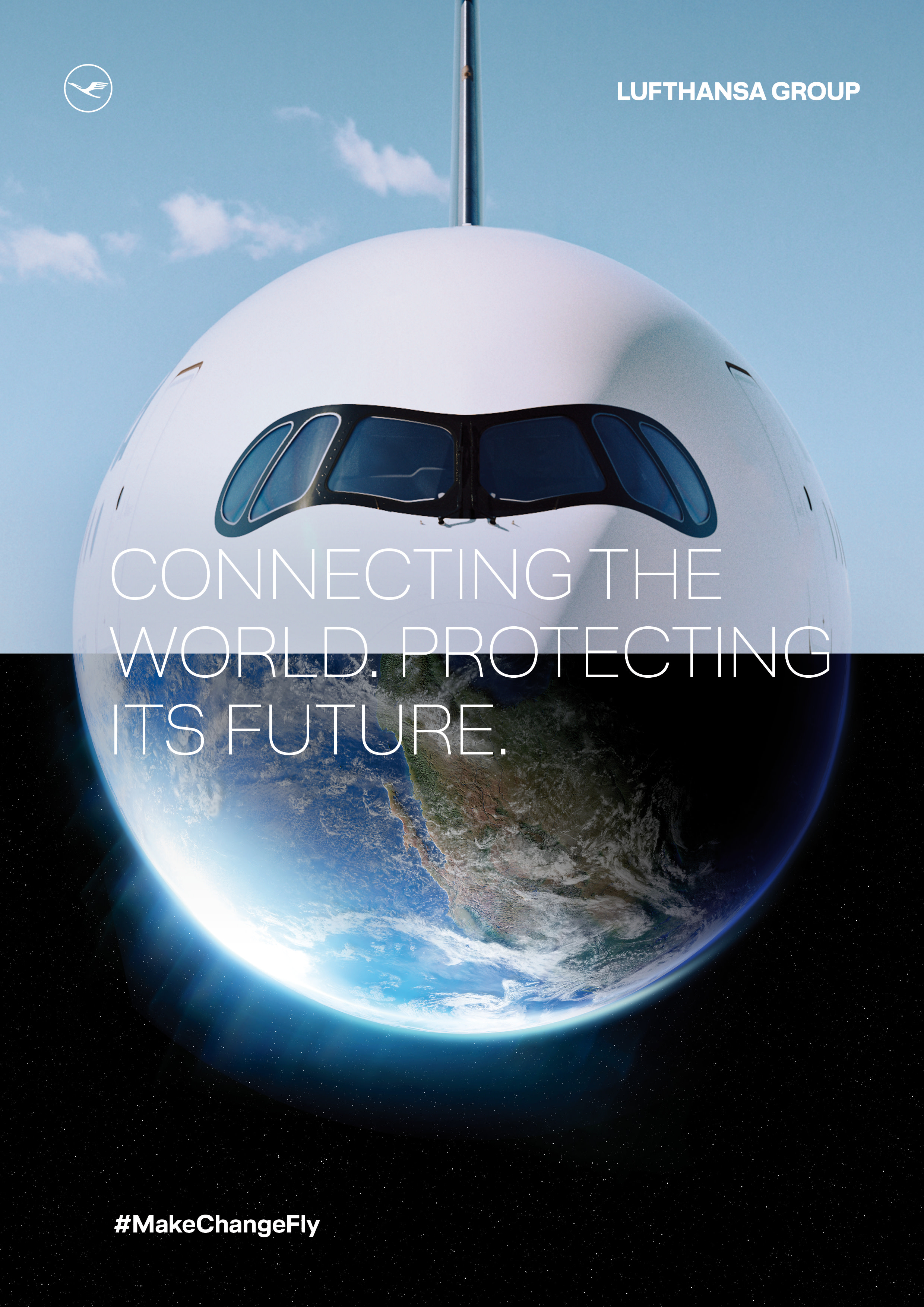Aviation Giants Unite for Power-to-Liquid Fuel
Deutsche Lufthansa AG
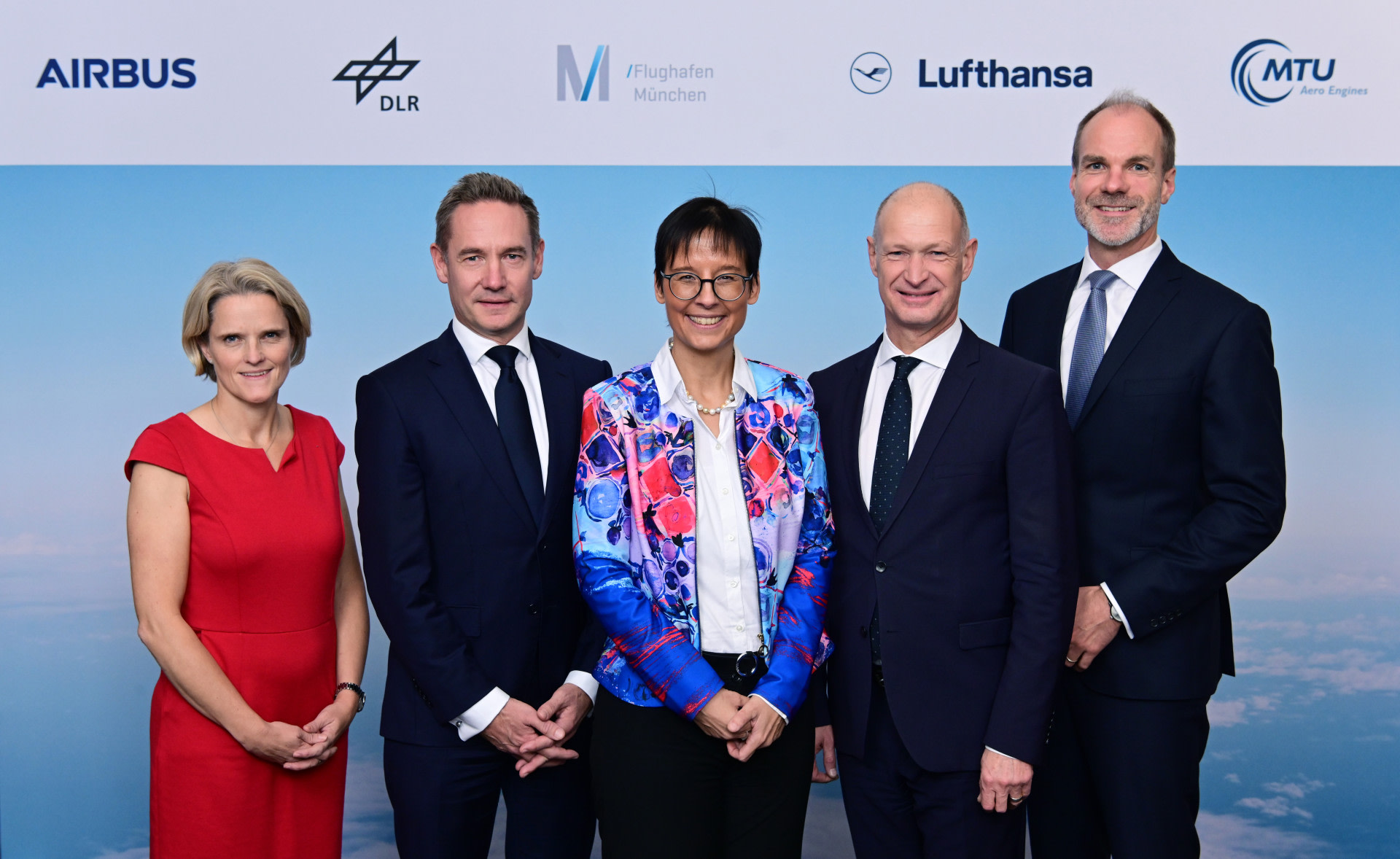
Lufthansa Airlines, the German Aerospace Center (Deutsches Zentrum für Luft- und Raumfahrt; DLR), Airbus, Flughafen München GmbH, and MTU Aero Engines have joined forces in a groundbreaking initiative.
In Berlin, they have inked a Letter of Intent (LoI) to embark on an extensive research partnership dedicated to advancing Power-to-Liquid (PtL) aviation fuels.
PtL represents the next frontier in Sustainable Aviation Fuels (SAF) and is recognised as a pivotal technological leap toward sustainable air travel.
SAF is a critical element in achieving eco-friendly flying and is integral to the aviation industry's transition towards sustainable energy practices.
The collective effort aims to harness the combined strengths of prominent aviation entities and the academic community to expedite the technology selection, market integration, and industrial expansion of PtL aviation fuels in Germany.
In the course of this technology partnership, a myriad of inquiries spanning the entire value chain will be explored. These inquiries may encompass topics such as maintenance requisites and the potential benefits for local air quality.
Additionally, the partnership envisions assessing the viability of pure PtL fuels, devoid of any fossil kerosene additives, to amass knowledge for the approval process. Furthermore, the collaboration aims to investigate the extent to which PtL fuels might not only significantly reduce carbon dioxide emissions but also positively impact the so-called non-CO2 emissions.
Jens Ritter, CEO of Lufthansa Airlines, underscores the significance of such research collaborations in driving climate-friendly transformations within the aviation sector. As Germany's largest airline, Lufthansa is resolute in its commitment to incrementally enhance the sustainability of air travel relying on the amalgamated expertise of aviation and scientific communities to reinforce Germany's standing as a key business hub.
Prof. Dr. Meike Jipp, Divisional Board Member for Energy and Transport at DLR, highlights DLR's dedication to environmental and climate protection through research. Ensuring the future climate compatibility of aviation necessitates the abundant availability of SAF, which DLR is actively advancing by optimising SAF production processes, thereby diminishing aviation's environmental and climate impact.
Nicole Dreyer-Langlet, a member of the Airbus management board in Germany responsible for research and technology, emphasises Airbus's commitment to decarbonisation through the utilisation of Sustainable Aviation Fuels.
Airbus is already on the path to utilising SAF up to 50%, with approval underway for up to 100%. Airbus welcomes the deepening of cooperation across various sectors, including aircraft manufacturers, airports, research institutions like DLR, and airlines, all critical players in realising the potential of PtL.
The signing of this LoI is a significant stride towards a sustainable future for the entire aviation industry, according to Jost Lammers, CEO of Flughafen München GmbH.
The collaboration, which brings together stakeholders from aviation, aircraft technology, and research, is committed to expediting the development and industrial implementation of PtL aviation fuels.
This innovative technology holds the potential to substantially enhance the aviation sector's carbon footprint, making air travel more environmentally friendly and contributing to climate goals.
MTU Aero Engines AG, under the leadership of CEO Lars Wagner, is actively pursuing two key thrusts in its quest for zero-emission flying: the further development of gas turbine technology and the exploration of entirely new propulsion technologies.
SAFs are instrumental in achieving maximum climate impact reduction for both these pursuits, as they can already be used interchangeably today. Creating substantial production capacities in the short term is a shared commitment and a core rationale for participating in this significant technology partnership.
The Vital Role of Sustainable Aviation Fuels in Aviation's Future
SAFs are produced without relying on fossil feedstocks such as crude oil and adhere to stringent sustainability criteria. SAF is pivotal in reducing emissions from aviation and mitigating its climate impact. The spectrum of available raw materials and production technologies for SAF is diverse.
Among the various options, the PtL process stands out as particularly promising from both environmental and scalability perspectives. In PtL, renewable electricity, atmospheric CO2, and water are harnessed to create syngas, from which sustainable aviation fuel is synthesised, marking a revolutionary advancement in aviation's journey towards sustainability.
To view and compare company ESG Ratings and Sustainability Reports, visit our Company ESG Profiles page.
Source: Lufthansa


